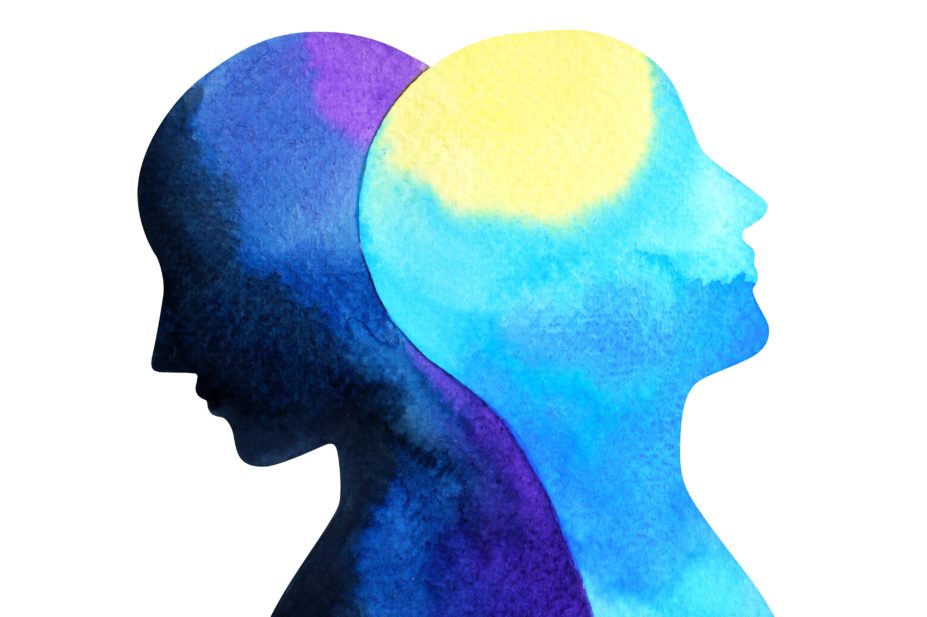
Shutterstock.com
It’s 2011. A young, driven and thriving pharmacist stands on her own two feet — she needs nothing but her parents’ encouragement. Nothing can shake her.
5am: she rushes downstairs to get ready, bleary-eyed from her long working days. It’s the sound that hits her first. Guttural.
She steps into the bathroom, and that’s where the sound makes sense.
Is she gargling? Or choking? What is her mum drinking out of a two-litre bottle at this time of the morning? Why is her mouth frothy?
She rubs her eyes to refocus. Her mum collapses. Fits and spasms. Choking. This time her mum is trying to speak, but she can’t. The smell: it’s like burning flesh. Nothing computes.
She grabs her mobile and tries to dial 999. Fumbling, she autodials the last number she called instead. It’s a friend who doesn’t answer. In a frenzy, and not realising she needs to hang up the call, she frantically dials 999 but it fails.
The voicemail records everything. The struggle for air, the gurgling. The beeps dialling 999. The shouts of “come on” at the phone. It records: “Tell me what to do, Mum — I need you. I don’t understand!”
It records her blood-curdling screams for her dad. He shakes as he dials 999. The recording stops. A minute elapses, but it feels like a lifetime.
I know it did, because that pharmacist is me.
My mum had attempted her first self-harm. The smell, the froth, and the specks of blood: it was her mouth and oesophagus burning.
The next moments draw a blank for me. But this isn’t about me. This is about the true face of a mental health crisis. It can kill. And its effects are far-reaching.
I thought nothing could shake me, but I’m broken. It’s my mum’s voice in my head that pushes me to do better — she can’t leave me.
She’s out of theatre and in a comatose sleep, and the mental health nurse holds me up as she takes me in to see her. Her kind words will never leave me.
“This illness has many hidden faces. It doesn’t discriminate. No one is immune. It’s silent. It’s not your fault. We will all work together to bring her back.”
I nod. ‘Bring her back’. But when did she leave?
After her hospital recovery, Mum is sectioned and admitted to a mental health ward. The first night is the hardest. I cry a lot.
She recovers through intensive mental health interventions. The care she receives is evidence-based, holistic and focused on humanity. It’s a true collaboration of skilled mental health professionals. They go above and beyond. Their kindness melts me.
Fast-forward to 2015 and I’m six months pregnant. Mum is sectioned again. I visit her daily, exchanging few words.
The staff and residents grow fond of my bump. I’m a consistency. Perhaps I carry hope.
“You’re having a boy!” they predict.
“Yes.”
“He will do for you, what you do for your mum,” says one resident.
When the COVID-19 lockdown is enforced in March 2020, I’m nervous.
I ring Mum every day: “Are you OK? Tell me if you think about hurting yourself, OK? Talk to me about your darkness, and I will listen. I won’t judge. You’re in a safe space. I won’t share anything you don’t want me to.”
Her triggers have evolved, just like a virus. Within weeks of lockdown, she is admitted under section 3 of the Mental Health Act. As a family, we can accept this familiar territory — it’s the care she needs. But it still hurts.
Mum is discharged two months later, recovering more quickly than before. She’s engaging again. I ask her if I can write her story. No reply. I’m selfish. It’s too raw for her. I backtrack.
“Actually, Mum, I can’t. I’m not strong enough.”
She replies: “Whatever strength I have, it is ten-fold in you. You get me through every time. Write it.”
She fights on and remains the voice in my head.
COVID-19 has affected so many disciplines, but those who work in them soldier on giving the best care they can despite it. I thank the tireless heroes who never stopped giving their mental health support to so many in 2020. I am indebted to you all.
These experiences perhaps make me more aware and empathetic towards those struggling, but I am still learning as a pharmacist.
I encourage everyone to learn to support someone with mental health issues. It is an etiquette, a level of humanity, that will change you. You will never look back.
Ruby Mughal, clinical pharmacist, Medacy, West Midlands
This blog has been adapted from an original story shared by @RubyMughal2


